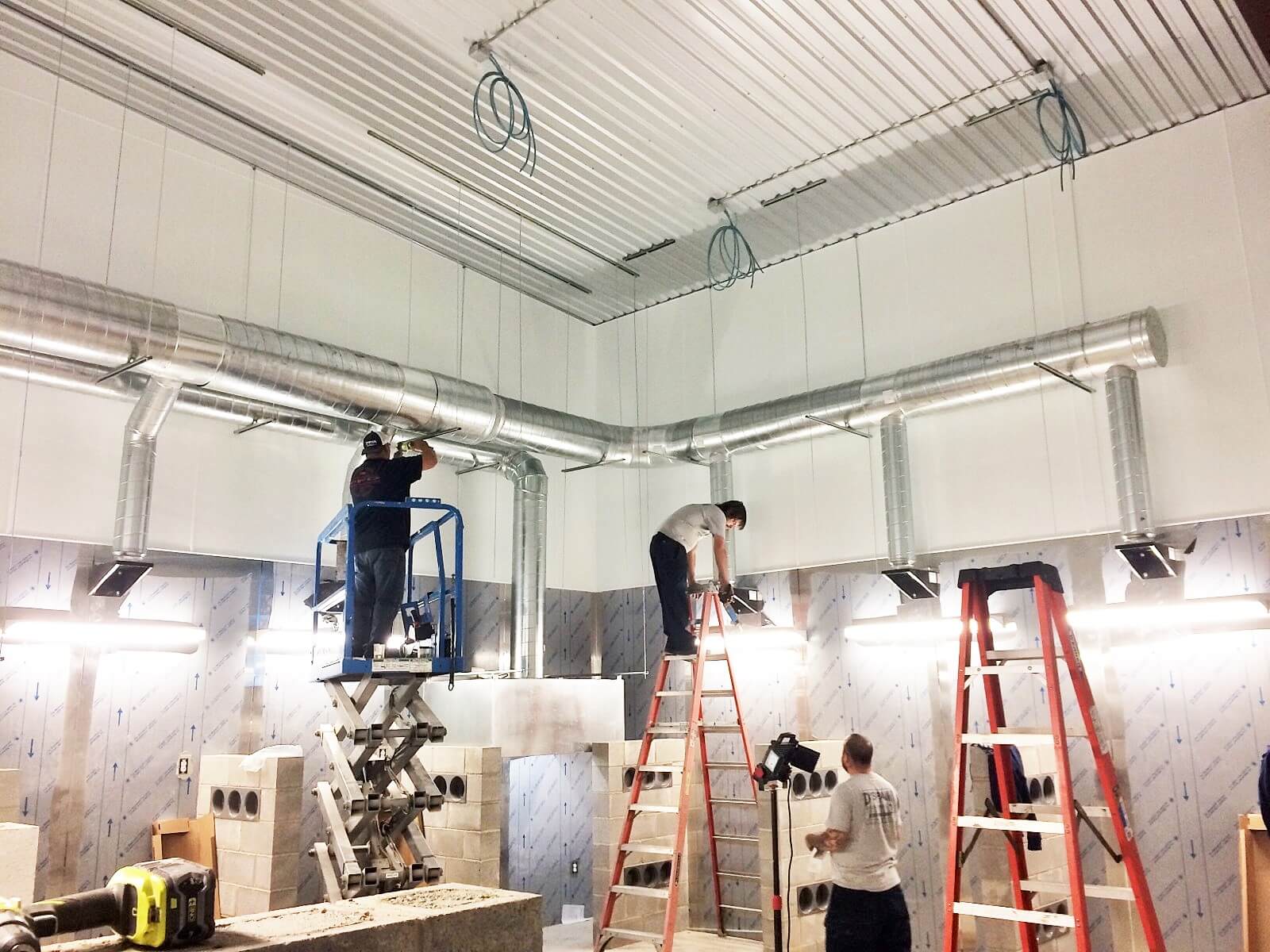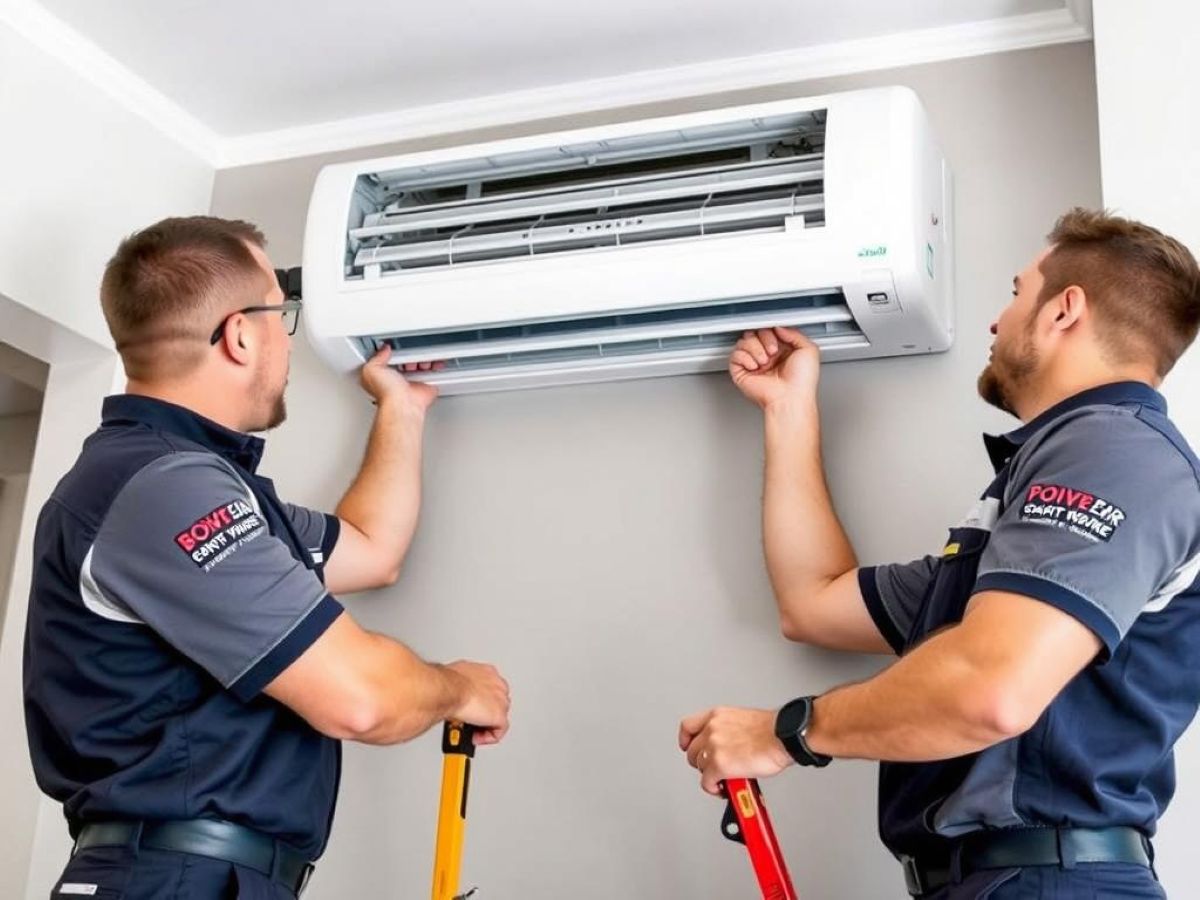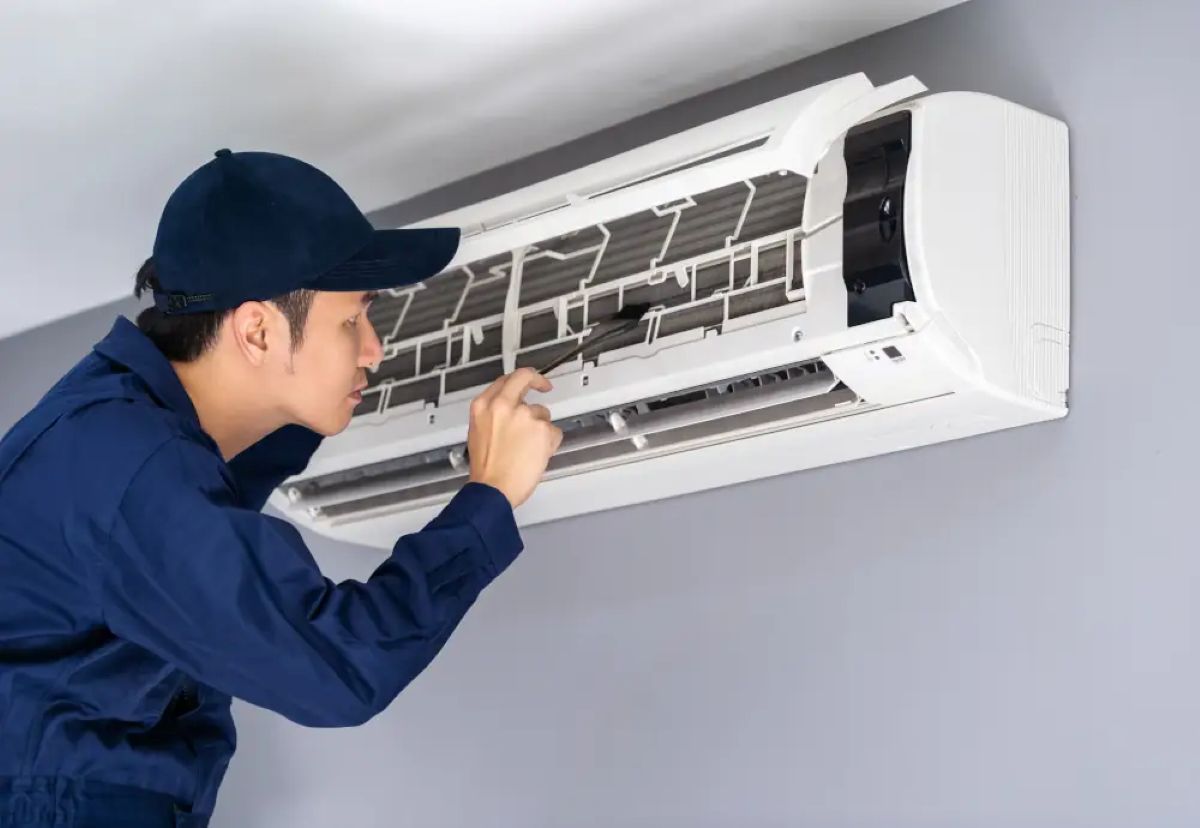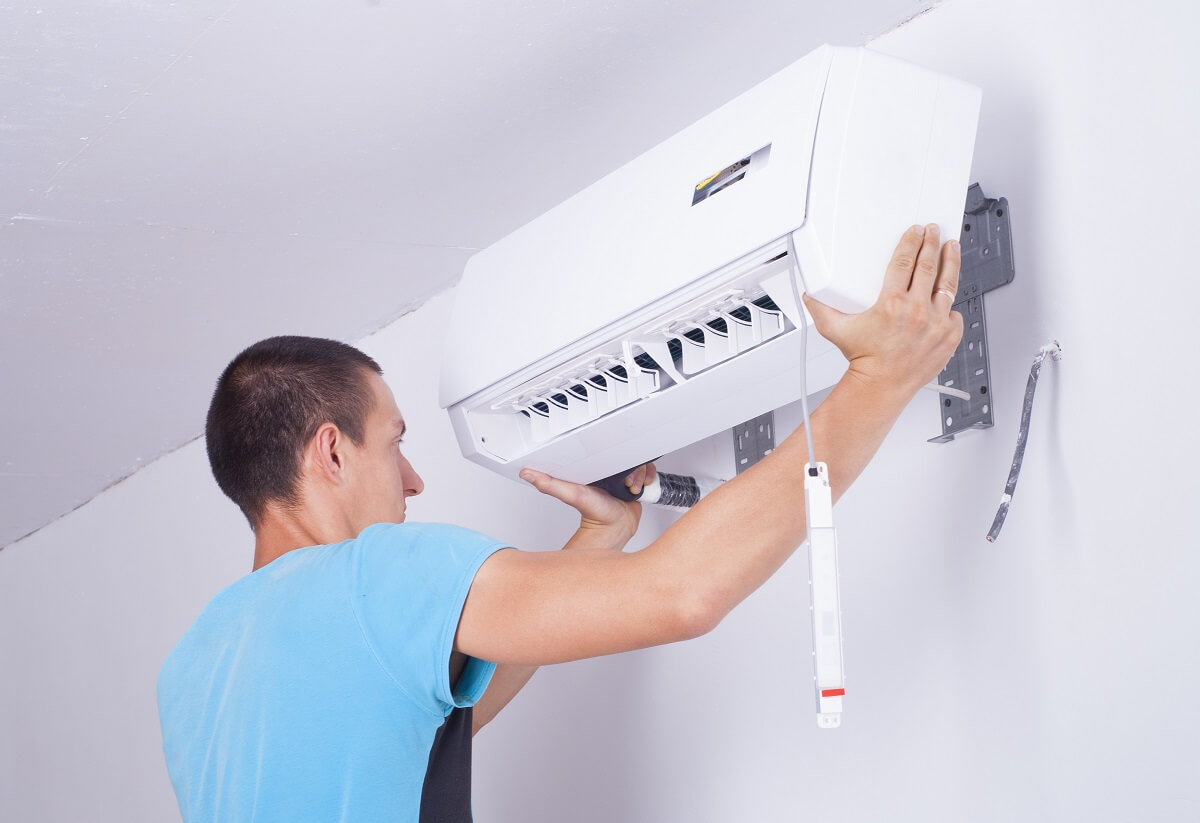The Importance of Efficient Air Conditioning
In the Hills District, the climate can be quite variable, with hot summers and mild winters. This makes efficient air conditioning not just a luxury but a necessity for many businesses. An effective air conditioning system ensures that employees and customers remain comfortable, which can significantly impact productivity and satisfaction.
However, the initial investment in commercial air conditioning can be daunting. The good news is that modern systems are designed to be energy-efficient, which can lead to substantial savings over time. Understanding how these systems work can help businesses make informed decisions that ultimately benefit their bottom line.
Understanding Energy Efficiency Ratings
When selecting an air conditioning system, it’s crucial to consider its energy efficiency rating. Most systems come with a star rating, which indicates how efficiently they consume energy. The higher the rating, the more efficient the system is, which translates to lower energy bills—an especially important factor for commercial air conditioning Hills District installations where long-term operational costs can significantly impact business expenses.
Investing in a high-rated air conditioning unit may involve a higher upfront cost, but the long-term savings on energy bills can outweigh this initial expense. Additionally, many energy-efficient systems are designed with advanced technology that reduces energy consumption without compromising performance.
Furthermore, the benefits of energy-efficient air conditioning extend beyond mere cost savings. By reducing energy consumption, businesses can also lower their carbon footprint, contributing positively to environmental sustainability. This is particularly important in today’s climate-conscious society, where consumers are increasingly drawn to companies that demonstrate a commitment to eco-friendly practices. Moreover, many local councils and governments offer incentives or rebates for businesses that invest in energy-efficient systems, making the transition even more financially appealing.
Another aspect to consider is the potential for improved indoor air quality. Modern air conditioning systems often come equipped with advanced filtration technologies that can help remove pollutants and allergens from the air, creating a healthier environment for both employees and customers. This is especially crucial in commercial settings where large groups of people gather, as it can significantly reduce the risk of illness and enhance overall well-being. Therefore, the choice of an efficient air conditioning system not only addresses comfort but also plays a vital role in promoting health and productivity within the workplace.
Long-Term Financial Benefits
While the immediate costs of installing a commercial air conditioning system may seem high, the long-term financial benefits are undeniable. Businesses can save money not only through reduced energy bills but also through improved operational efficiency.
For instance, a well-maintained air conditioning system can extend its lifespan significantly. Regular servicing and maintenance can prevent costly breakdowns and ensure that the system operates at peak efficiency. This means fewer repairs and replacements, which can be a significant financial burden for any business.
Reduction in Energy Bills
One of the most direct ways that commercial air conditioning can save money is through reduced energy bills. An efficient system consumes less power, which translates to lower monthly costs. In the Hills District, where air conditioning is essential during the summer months, this can lead to substantial savings.
Moreover, many businesses are now adopting smart technology that allows them to monitor and control their energy usage remotely. These systems can adjust the temperature based on occupancy and time of day, ensuring that energy is not wasted when the building is unoccupied.
Enhanced Employee Productivity
Comfortable working conditions are crucial for maintaining employee productivity. Studies have shown that temperature control can significantly affect concentration and efficiency. An effective air conditioning system ensures that the workplace remains at a comfortable temperature, which can lead to higher levels of productivity.
Additionally, a comfortable environment can reduce employee absenteeism. When employees are comfortable, they are less likely to take sick days, which can save businesses money in the long run. Investing in a quality air conditioning system is not just about comfort; it’s also about maintaining a productive workforce.
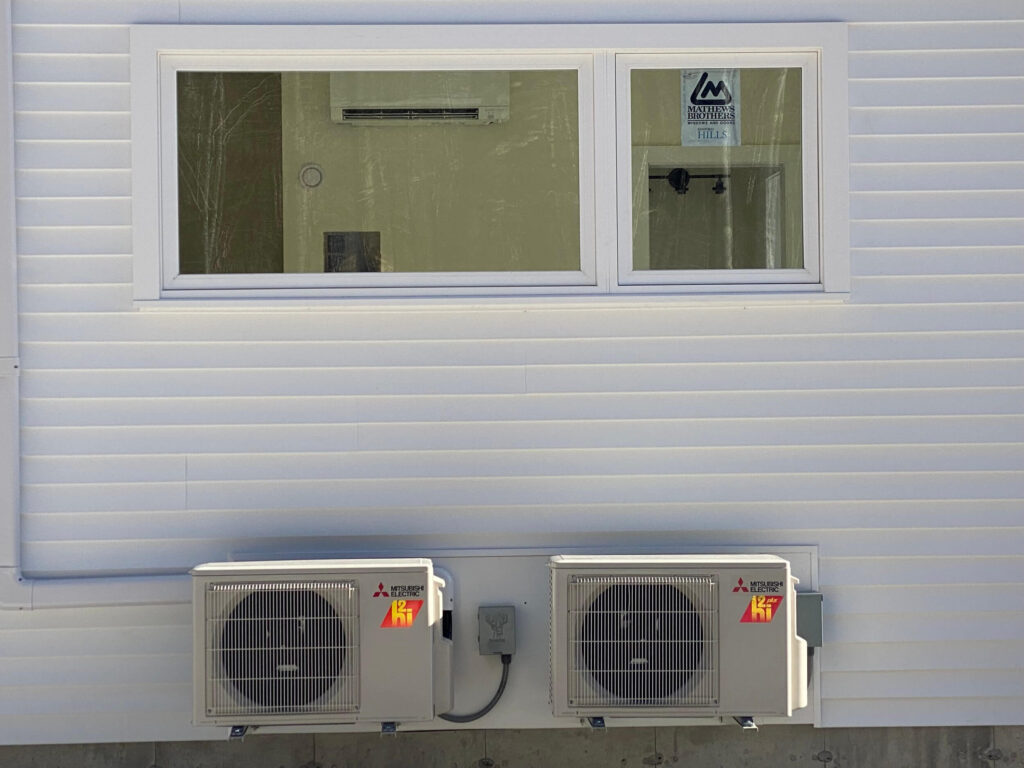
Environmental Considerations
In today’s world, businesses are increasingly aware of their environmental impact. Energy-efficient air conditioning systems not only save money but also reduce the carbon footprint of a business. By choosing a system that uses less energy, companies can contribute to a more sustainable future.
Furthermore, many energy-efficient systems use refrigerants that are less harmful to the environment. This is an important consideration for businesses looking to improve their green credentials. By investing in environmentally friendly technology, companies can appeal to a growing demographic of eco-conscious consumers.
Government Incentives and Rebates
In Australia, there are various government incentives and rebates available for businesses that invest in energy-efficient technology. These financial incentives can significantly offset the cost of purchasing and installing a new air conditioning system.
Businesses in the Hills District should research available grants and rebates that can help reduce the financial burden of upgrading their air conditioning systems. Not only does this make the investment more affordable, but it also encourages businesses to adopt more sustainable practices.
Choosing the Right Air Conditioning System
Selecting the right air conditioning system for a commercial space is crucial. There are several types of systems available, each with its advantages and disadvantages. Understanding these options can help businesses make an informed decision that aligns with their needs and budget.
Common types of commercial air conditioning systems include split systems, multi-split systems, and ducted systems. Each system has its unique features, and the choice will depend on factors such as the size of the space, the number of rooms, and the specific cooling requirements.
Split Systems
Split systems are a popular choice for many small to medium-sized businesses. They consist of an indoor unit and an outdoor compressor, making them relatively easy to install. Split systems are known for their efficiency and quiet operation, making them ideal for office environments.
However, they may not be suitable for larger spaces, as multiple units may be required to achieve adequate cooling. Businesses should consider their specific needs when evaluating whether a split system is the right choice.
Ducted Systems
Ducted air conditioning systems are ideal for larger commercial spaces. They provide a centralised cooling solution that can effectively cool multiple rooms. This type of system is designed to be discreet, with vents installed in the ceiling or floor, allowing for a seamless aesthetic.
While ducted systems may have a higher upfront cost, they offer greater flexibility and efficiency in the long run. Businesses with larger spaces or multiple rooms should consider this option for comprehensive climate control.
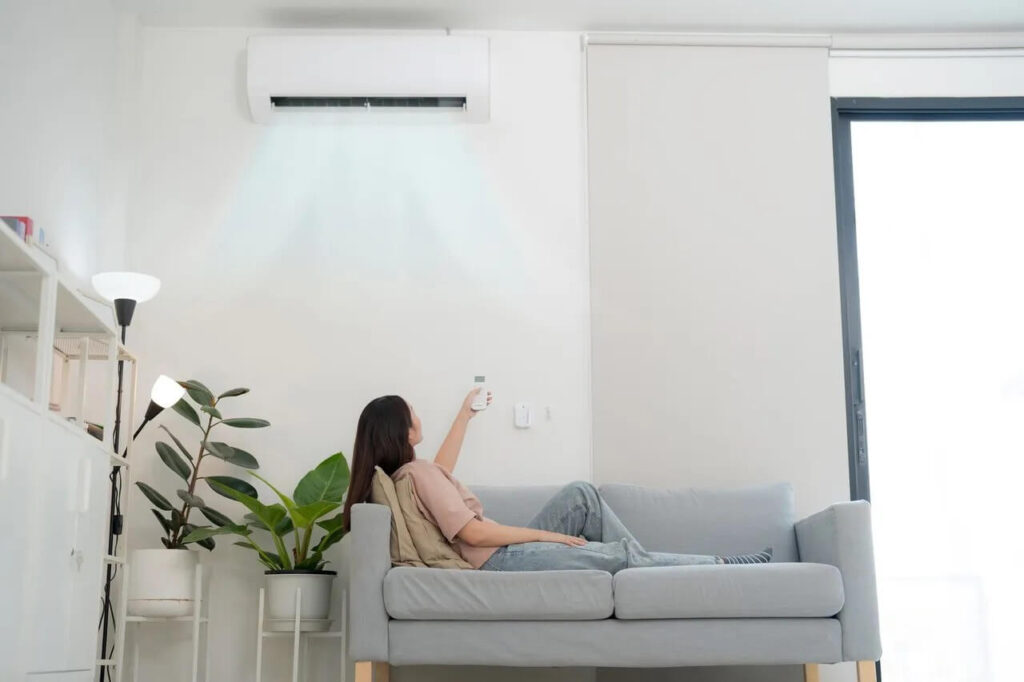
Regular Maintenance for Optimal Performance
To ensure that a commercial air conditioning system operates efficiently, regular maintenance is essential. This includes routine inspections, cleaning, and servicing by qualified professionals. Neglecting maintenance can lead to decreased performance, higher energy bills, and costly repairs.
A well-maintained system not only operates more efficiently but also has a longer lifespan. Businesses can save money by avoiding the costs associated with premature system failure and the need for replacements.
Signs Your System Needs Maintenance
It is important for businesses to be aware of the signs that indicate their air conditioning system may need maintenance. Common indicators include unusual noises, inconsistent cooling, and increased energy bills. Addressing these issues promptly can prevent further damage and ensure that the system continues to operate efficiently.
Regular maintenance checks can also identify potential problems before they escalate, allowing businesses to budget for repairs and avoid unexpected costs. Investing in a maintenance plan can be a wise decision for any business looking to save money in the long run.
Conclusion
In summary, investing in commercial air conditioning in the Hills District can lead to significant financial savings for businesses. From reduced energy bills to enhanced employee productivity, the benefits are clear. Additionally, with the added advantages of environmental considerations and government incentives, there has never been a better time to upgrade or install an efficient air conditioning system.
Choosing the right system and ensuring regular maintenance are crucial steps in maximising these benefits. By making informed decisions, businesses can not only save money but also create a comfortable and productive environment for their employees and customers alike.
Ultimately, the right air conditioning solution is an investment in the future of any business, providing comfort, efficiency, and savings for years to come.
Related: Complete Guide to Hills District Air Conditioning Installation in 2025

